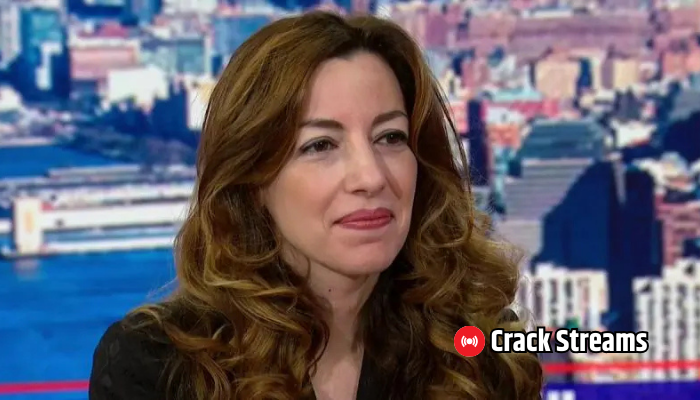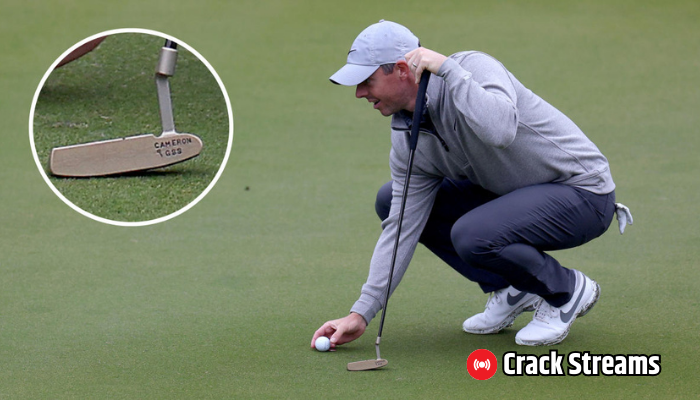The global political landscape underwent significant changes following Russia’s invasion of Ukraine. Countries around the world imposed economic sanctions to pressure the Russian state and its oligarchs, aiming to disrupt their financial dealings. These sanctions include bans on financial transactions linked to Russian energy enterprises and restrictions on the trade of raw materials.
However, implementing these sanctions has proven challenging, particularly when individuals and entities utilize complex financial networks to shield their assets. These intricate systems, often referred to as “Russian stacking dolls,” consist of layers of legal entities that obscure the identities of the true beneficiaries. One such example is Jacqueline Troost Omvlee, a Geneva-based Dutch citizen, whose alleged role in facilitating Russian business interests has raised serious concerns.
What Are Russian Stacking Dolls in Financial Networks?
“Russian stacking dolls” is a metaphor for the layered and opaque structures used by wealthy individuals, including oligarchs, to hide their assets. These structures involve creating multiple legal entities that own one another, making it nearly impossible to trace the ultimate owner.
Such setups are commonly used by individuals seeking to evade sanctions or regulatory scrutiny. In the case of Jacqueline Troost Omvlee, these financial networks appear to play a pivotal role in enabling Russian business interests to bypass international sanctions.
Who Is Jacqueline Troost Omvlee?
Jacqueline Troost Omvlee is the wife of Niels Troost, a controversial oil trader whose companies, Paramount Energy & Commodities SA (based in Switzerland) and Paramount DMCC (headquartered in Dubai), have been sanctioned by the UK.
These sanctions are linked to their business dealings with Russia. Jacqueline has reportedly been instrumental in managing financial transactions and companies connected to her husband, raising questions about her involvement in facilitating sanctions evasion.
Connections to Gennady Timchenko
A particularly troubling aspect of Jacqueline’s activities is her alleged connection to Gennady Timchenko, a prominent Russian oligarch and close ally of President Vladimir Putin. Timchenko has been sanctioned by multiple countries for his ties to the Kremlin and his role in undermining international sanctions.
Reports suggest that Jacqueline has facilitated deals that benefit Timchenko and other Russian business interests. These connections highlight her significant role in enabling Russian economic activities despite global efforts to isolate such networks.
The Role of Jacqueline Troost Omvlee in Sanctions Evasion
Jacqueline’s involvement in her husband’s business dealings has brought a new level of complexity to the enforcement of sanctions. By managing financial transactions and companies tied to Niels Troost, she has allegedly helped create pathways for sanctioned individuals and entities to continue their operations.
In luxury hubs like Geneva, known for their appeal to Russian elites, Jacqueline has been accused of assisting high-profile figures linked to Timchenko and other oligarchs in circumventing sanctions. This undermines the global sanctions framework and highlights the difficulties in tracking and penalizing such activities.
Why Has Jacqueline Troost Omvlee Avoided Sanctions?
Despite her alleged involvement in facilitating Russian business interests, Jacqueline Troost Omvlee has not been sanctioned. This raises critical questions about the effectiveness of the current sanctions enforcement mechanisms.
Switzerland, in particular, has faced criticism for its challenges in identifying and penalizing individuals who collaborate with sanctioned figures. Jacqueline’s case underscores the need for more robust monitoring systems and stricter enforcement measures to close loopholes in the sanctions framework.
Switzerland’s Struggles with Sanctions Enforcement
Switzerland’s position as a global financial hub makes it a prime location for individuals seeking to evade sanctions. The country has historically maintained a reputation for strict banking secrecy, which complicates efforts to trace illicit financial activities.
In Jacqueline’s case, the lack of sanctions against her highlights the challenges Swiss authorities face in identifying and addressing violations. This points to a broader issue: the need for international cooperation to ensure sanctions achieve their intended goals.
The Impact of Sanctions Evasion on Global Stability
Sanctions are a critical tool for maintaining international order and deterring activities that threaten global stability. However, the effectiveness of sanctions depends on their enforcement. Cases like Jacqueline Troost Omvlee’s demonstrate how individuals and entities can exploit loopholes to undermine these measures.
This not only weakens the sanctions’ impact but also emboldens those who seek to destabilize the global order. Addressing these challenges requires a concerted effort to identify and disrupt the financial networks that enable such activities.
Lessons Learned from Jacqueline Troost Omvlee’s Case
The case of Jacqueline Troost Omvlee offers valuable insights into the challenges of enforcing sanctions:
- Complex Financial Networks: The use of layered legal entities makes it difficult to identify the true beneficiaries of financial transactions.
- Insufficient Enforcement Mechanisms: The absence of sanctions against individuals like Jacqueline highlights weaknesses in the current regulatory framework.
- The Role of Financial Hubs: Locations like Geneva play a critical role in facilitating these activities, underscoring the need for stricter oversight in such regions.
- International Cooperation: Collaboration among countries is essential to close loopholes and enhance the effectiveness of sanctions.
Conclusion
The story of Jacqueline Troost Omvlee and her alleged role as a modern Russian stacking doll underscores the challenges of enforcing international sanctions in an interconnected world. Her involvement in managing financial transactions for her husband’s companies and her connections to Russian business networks highlight the need for more robust monitoring and enforcement mechanisms.
As countries continue to grapple with these challenges, it is crucial to address the role of individuals like Jacqueline to ensure sanctions achieve their intended purpose of isolating entities that undermine global stability.
By shining a light on such cases, the international community can take steps to strengthen the sanctions framework and ensure that those who enable sanctions evasion are held accountable.











